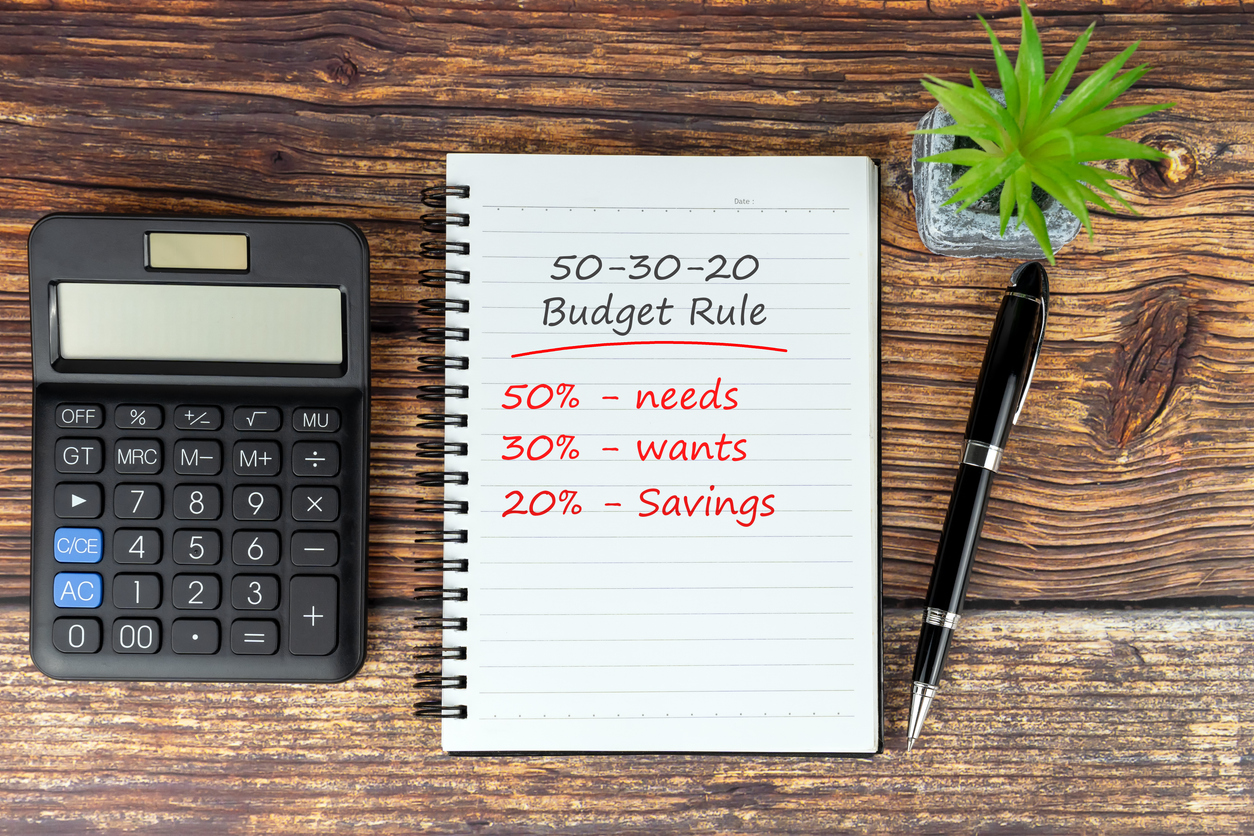Everyone feels lonely from time to time – it’s part of being human. But some of us experience loneliness more intensely than others, while others feel lonely even when they’re in the midst of a crowd. Recent research into loneliness suggests there’s a lot more to this feeling than meets the eye.
Let's Explore Loneliness - We Can All Feel Lonely At Times
Living Alone | 1st January 2018 by Annabel Fraser

The feeling of loneliness is a complex emotional issue commanding more research, sensitivity, understanding and deeper delving into our modern ways where social interactions play out heavily in both real life and digital landscapes. What’s proving interesting though, is despite stereotypes of living alone perceived by onlookers as though one must be lonely; recent findings reveal this is not necessarily the case – encouraging news for people living alone and who from time to time may question their solo living status and lifestyle.
What is loneliness today?
According to Kira Asatryan, the author of Stop Being Lonely, loneliness is caused by a lack of emotional closeness: “Loneliness is essentially sadness caused by a lack of closeness…this is why it doesn’t work to simply surround yourself with people. You must actually feel close to them.”
Loneliness is about more than just being alone and it’s not about whether you’re physically spending time with people. It’s about social isolation, or the difference between what you want from relationships, and what you feel you’re getting out of them. When someone doesn’t feel the level of intimacy and closeness they want from their relationships, they are more likely to feel lonely.
This is why we don’t always feel lonely when we’re alone, and why we sometimes feel lonely even if we’re surrounded by people. It’s not just people that are the factor – it’s the emotional relationship we have with them. If you want a feeling of emotional connection, but don’t have access to it for instance, because you’re home alone or at a party where you don’t know anyone, you’ll feel lonely whether you’re with people or not.
It also means that literally, everyone feels lonely sometimes, whether you live alone, with a partner, or with a spouse and children. If you live alone, it’s possible you’re no more likely to be lonely than anyone else is. And in fact, some research shows that people who live alone are less likely to experience loneliness, especially if they’ve never been married. Remarkably, it could be people in relationships lacking intimacy who are more likely to feel lonely.
Loneliness can affect us emotionally and physically
When we feel lonely, our emotional well-being is adversely affected. We become stressed more easily, are less likely to have restful sleep, have more depressive symptoms, and may even develop depression. Worryingly, people who are chronically lonely have an increased risk not only of depression but could also be more prone to alcoholism and substance abuse.
The latest research into loneliness has produced some startling results that show the effects of loneliness are physical, too. It seems that loneliness is deadly, even more so than obesity and suggests that loneliness should be considered a major public health concern. According to the study which reviewed the effects of loneliness and social isolation on more than 4 million people, those who are lonely have a 50% increased risk of early death. The risk increases in older people, particularly after retirement age, as work is an important source of social connection for many people. It’s difficult to avoid the headlines where 400,000 pensioners are dreading being alone this Christmas.
Loneliness is a national concern
The antidote to loneliness?
If you are experiencing loneliness, how can you stop feeling lonely? If loneliness is caused by social isolation, then increasing the amount and quality of social interactions you have might be the answer. Does online socialising count?
Research into social media use suggests that people who spend more than 2 hours a day on social media have a much higher risk of feeling lonely and isolated. That may seem surprising given it’s called social media after all, but it seems virtual social interactions just don’t have the same effects as face-to-face interactions. Kim Leadbeater, Jo Cox’s sister who launched the commission’s report believes technology is a double-edged sword saying it “is brilliant in that it can help connect people but it doesn’t replace human contact.”
The antidote to loneliness may not necessarily be about making new friends or spending more time socialising. It really depends on what you want from your relationships and since loneliness is more about feeling isolated and craving closeness, then the answer, presenting challenges in itself – may be to develop closer, more intimate relationships with the people who are already in our life.
Share this post:
Hear from Solo Living now and then by signing up to our mailing list


















